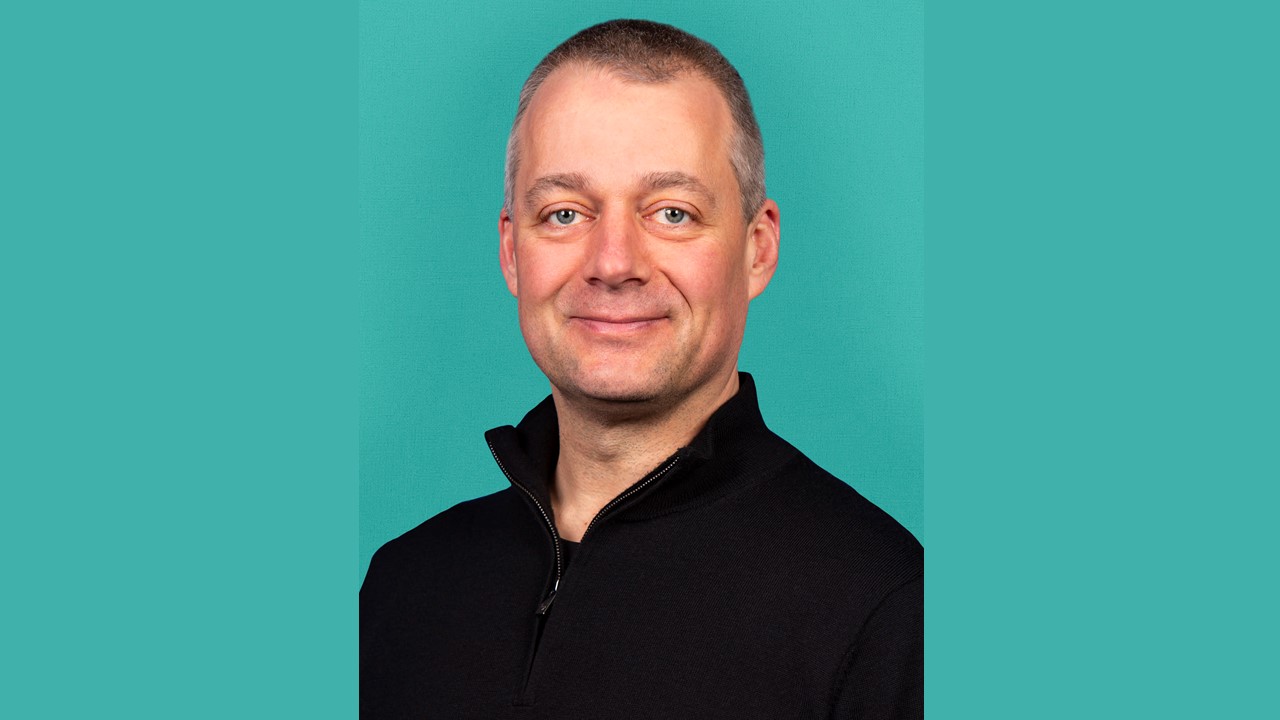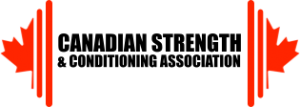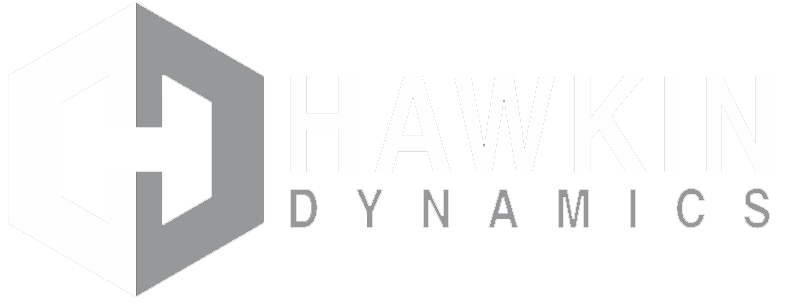Networking is a Lifelong Journey of Curiosity

Networking is not about taking or getting something, it is a lifelong journey of curiosity, of finding ways to help people.
CSCA – How did you get your first job working in pro sport?
In the early 1990s was fortunate to study at Concordia University and work in the Athletic Department under Scott Livingston and Ron Rappel, learning the foundation of Athletic Therapy and Strength & Conditioning. In my final year of university, I met Gaetan Lefebvre, the Montreal Canadiens Athletic Therapist, and I had the privilege of being selected for their first internship. I was then able to see how the theory was applied at the highest level.
Following a brief period working for Frappier Acceleration (Athletic Republic) I returned to Concordia as the Head Strength and Conditioning Coach and Assistant Athletic Therapists, as Scott left to be the New York Rangers S&C coach. I was meeting new people in the field all the time and under Scott’s leadership, we designed and ran “The Hockey Conference”, where I first met Peter Friesen, Peter Twist, and Lorne Goldberg.
This is a critical point for upcoming S&C Coaches, try to put yourself into environments where you are volunteering or working at conferences or courses. You will develop a much stronger connection with people when you are a part of the group hosting these events, as opposed to just attending.
My “eye-opening” moment came in May of 2002; the Carolina Hurricanes came to Montreal to play the Canadiens in the Eastern Conference Semi-Final. Pete Friesen was the Athletic Therapist and Strength & Conditioning Coach for the Hurricanes. I picked Pete up at the team hotel as we were having dinner with Scott, during the five-minute drive Pete, a complete ball of energy, had me convinced I needed to work in the NHL. That prompted a night full of conversations and by the end, Scott and Pete had lit the fire. Little did I know this would be the start of a 17-year journey as the S&C Coach of the New York Rangers … and to this day Ron Rappel, Scott Livingston and Pete Friesen are still close friends.
CSCA – What skills do you need to be successful in this area?
Without a doubt, your personality and ability to interact with people is the single most important skill you need. We are surrounded by technology and innovation, but at its core, this is a people business.
The second skill is having the humility to understand that you don’t really know that much. You must develop your own internal system for continual self-improvement. Be hungry for knowledge and willing to learn, we can gain insight in many ways, be a master at observing and soaking up information. I also feel that compassion, communication, and honesty are character traits you must poses if you hope to connect with the people around you.
Once you are centered on these characteristics you must have a drive and work ethic that is second to none.
Coach Bill Cower of the Pittsburgh Steelers sums this up nicely with three statements:
Never quit
Work harder than everyone else
Never be intimidated
CSCA – How did you network with other S&C coaches in the NHL?
We are all busy, the schedule you keep and stresses you go through are not unique, everyone has challenges. You must first understand and accept this, then make an active effort to continually engage with your colleagues, from the perspective of curiosity and support.
In my case, I was exposed to this early on from the Vancouver Canucks S&C coach, Roger Takahashi (now in his 17th year with the team). Roger spent many hours of his own time working to organize the NHL S&C coaches (along with Mike Bahn, Phoenix Coyotes, and Ray Bear, Atlanta Thrashers). Roger was the first president of the Strength and Conditioning Association of Professional Hockey (SCAPH) and after working under him I was fortunate to lead this group from 2014 through 2019.
Networking is not about taking or getting something, it is a lifelong journey of curiosity, of finding ways to help people. When you figure out how to support someone, how to share your knowledge and hard work in a way that improves people, others will be drawn to you. Put yourself in situations where your work will expose you to people and professions that you are passionate about.
CSCA – What advice do you give individuals just entering the field who desire to work in the same area as you?
Be curious, compassionate and a master of absorbing knowledge. Understand that there are many ways to find a solution, an answer, or an idea. You control very few things in life but how hard you work and your attitude towards yourself and others is entirely your choice.
Many years ago, I ran into a friend of my parents outside a hospital in downtown Toronto. I was not having a great day and was taking my girlfriend to a doctor’s appointment. My parents’ friend was smiling, engaging and spent the two minutes we were together making me feel better about what I was going through. It was not until a few months later I found out he had brought his wife to chemotherapy treatment that day, and shortly after she would lose her battle with Cancer.
There are moments in our life when we are struck with the harsh reality of our true place in the world, of our miss-aligned moral/social compass. My hope for you is that when those moments happen you are open enough, humble enough, to see them for what they are and to use these opportunities to lift and guide you along your own journey to improve the lives of others.
As a final thought, none of what I have done would be possible without my strong family, a great group of friends and a supportive community. I am fortunate to have an amazing wife and three incredible daughters. This is the most important thing in life, it is what grounds and supports us through the challenges that we all face.
Good luck and enjoy the journey.






